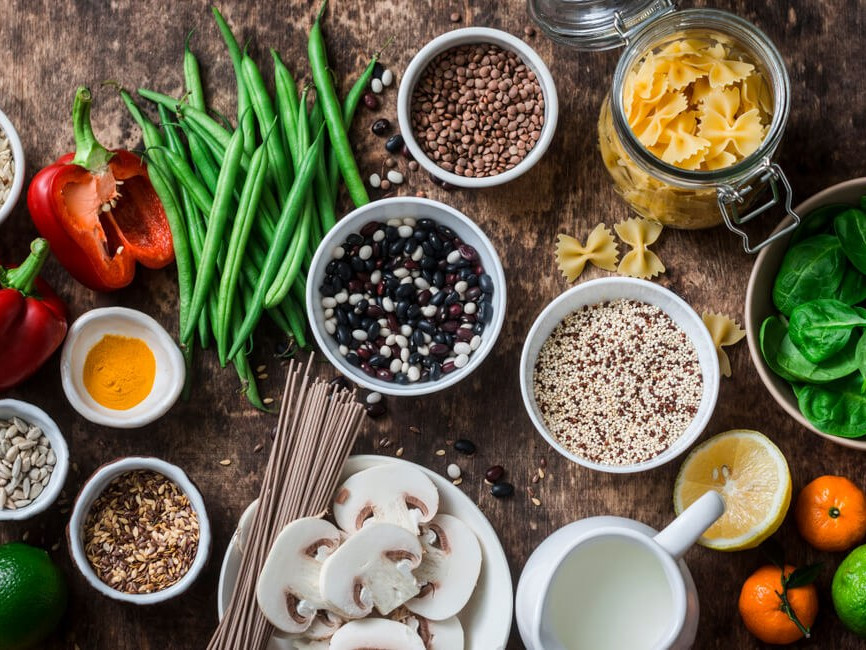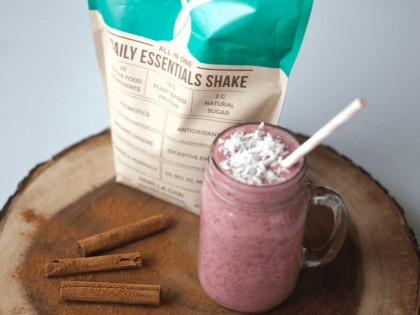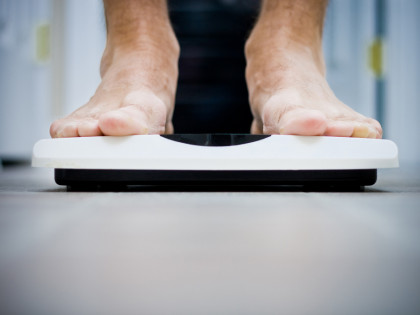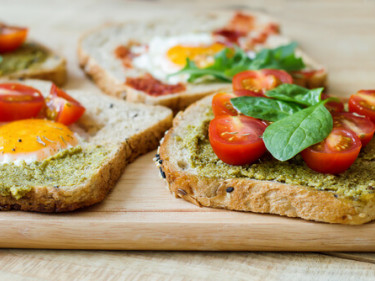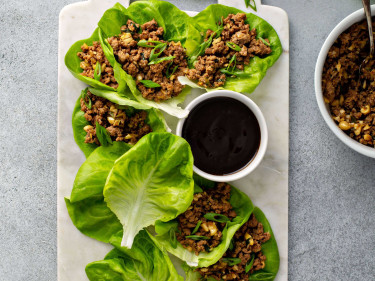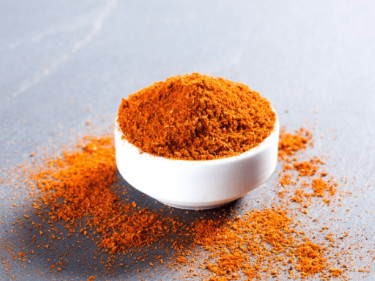When you're juggling work, study, family, or just trying to get through the day, eating well might not always be top of mind. What you eat can influence how you feel both physically and mentally. No Money No Time users told us why they want to eat well. Here's a snapshot of why those reasons are worth it.
More energy and feel fuller for longer
Do some meals leave you feeling flat, while others help you feel more energised and focused?
The nutritional quality of the foods you eat can influence how you feel. Choosing foods from the five food groups provides the nutrients your body needs with the sustained energy it needs to function at its best so you're ready to tackle the day!
Lower glycemic index (GI) carbohydrates include oats, wholegrain breads and cereals, lentils, beans, milk and yoghurt. These provide a steady source of energy that supports muscles and vital organs, including the brain. These foods also contain B group vitamins, which play an important role in converting food into energy. Pair these with lean protein and colourful veggies to help you feel more energised and focused throughout the day.
Sharper thinking and mental health
Over 40% of Australians will experience a mental health condition at some stage in their life. The foods you eat can have an important impact on your mood, and your mood can influence how you eat. Eating patterns that include lots of leafy greens, berries, colourful fruit and veggies, nuts and healthy fats such as salmon and olive oil and can play an important role in mental health and wellbeing. This can reduce the symptoms of depression, and preserve brain health as you age. To find out more check out the No Money No Time eBook How to Feel Fab with Mood Foods
Support short and long-term health
Healthy eating supports both short and long-term health. Balanced meals with a variety of food from the five food groups provides essential nutrients, including vitamins A, C, D, E and K and minerals like zinc and iron keep the immune system working its best to fight infections. Over time, these same habits can reduce the risk of heart disease, type 2 diabetes and some cancers.
Improving your gut health can have positive effects on mental health, immune function, digestive and cardiovascular health. Improve your gut health by regularly including foods rich in dietary fibre, including oats and wholegrain breads and cereals, fruits and vegetables (leave the skin on), beans, peas and lentils.
Healthier skin
Skin with a ‘healthy glow’ is influenced by many factors (e.g., environmental pollutants), including what you eat! Rather than reaching for collagen supplements, try foods rich in protein such as lean meat, chicken, eggs, cheese, tofu, beans and lentils. Pair these with vitamin C rich foods such as broccoli, Brussels sprouts, capsicum, tomatoes, spinach, kiwi fruit, lemons and oranges to give your body all the collagen building blocks it needs for healthy skin. Yellow fruits and vegetables are often rich in carotenoids (a type of nutrient found mostly in plants) and are a delicious way to get that ‘healthy glow’!
Stretching your budget further
Healthy eating doesn’t have to mean expensive ingredients or fancy recipes. Frozen veggies, canned beans, and simple home-cooked meals found here at No Money No Time are all budget-friendly, delicious options. Preparing ‘fakeway’ food at home instead of buying takeaway, packing a lunchbox for work or outings and reducing food waste are simple ways to make the most of your food budget.
Sports performance
The type and duration of the sport or exercise you do can influence your carbohydrate, protein and hydration needs. If you’re looking to improve your sports performance, take a look at how your current eating patterns stacks up against our pre and post training fueling recommendations:
- Fuel well for the activity you’re planning to do. What you need to eat for a moderately paced walk is different to that required if you’re going for a one-hour high intensity workout.
- Practice the 3Rs of post-exercise nutrition. Refuel, repair and re-hydrate.
Tips for quick, easy wins
- For review of your eating habits and recommendations on how to improve your diet quality take the Healthy Eating Quiz
- Maintain a regular schedule for eating, aiming for three meals a day, and adding in healthy snacks to meet your daily serves of the five food groups
- Fill half your plate with vegetables at each meal, snack on fruit. Both are good sources of phytonutrients, vitamins, minerals and fibre
- Choose low GI sources of carbohydrate, such as wholegrain breads and cereals. Include vegetables at most meals for sustained release of energy and more stable blood sugar levels
- Include a source of lean protein such as chicken, fish, tofu, eggs, yoghurt, cheese, lentils or beans at each meal
- Try swapping foods and oils that are high in saturated fats, such as fatty meat and coconut oil, for foods and oils that contain mono- and polyunsaturated fats such as extra virgin olive oil, avocado, nuts, seeds and fatty fish such as salmon or mackerel
- Stay hydrated – for most people aiming for around 2L of water every day is a good guide. A simple way to check is if your urine is the colour of straw.
Small steps add up - healthy eating isn't all-or-nothing. Adding one extra serve of veggies to your plate, drinking more water, or swapping white bread for wholegrain are small changes that can make a difference over time. It’s about progress, not perfection - and every step counts!
To find out more about why including more everyday superfoods is worth it head to the No Money No Time everyday superfoods page.



